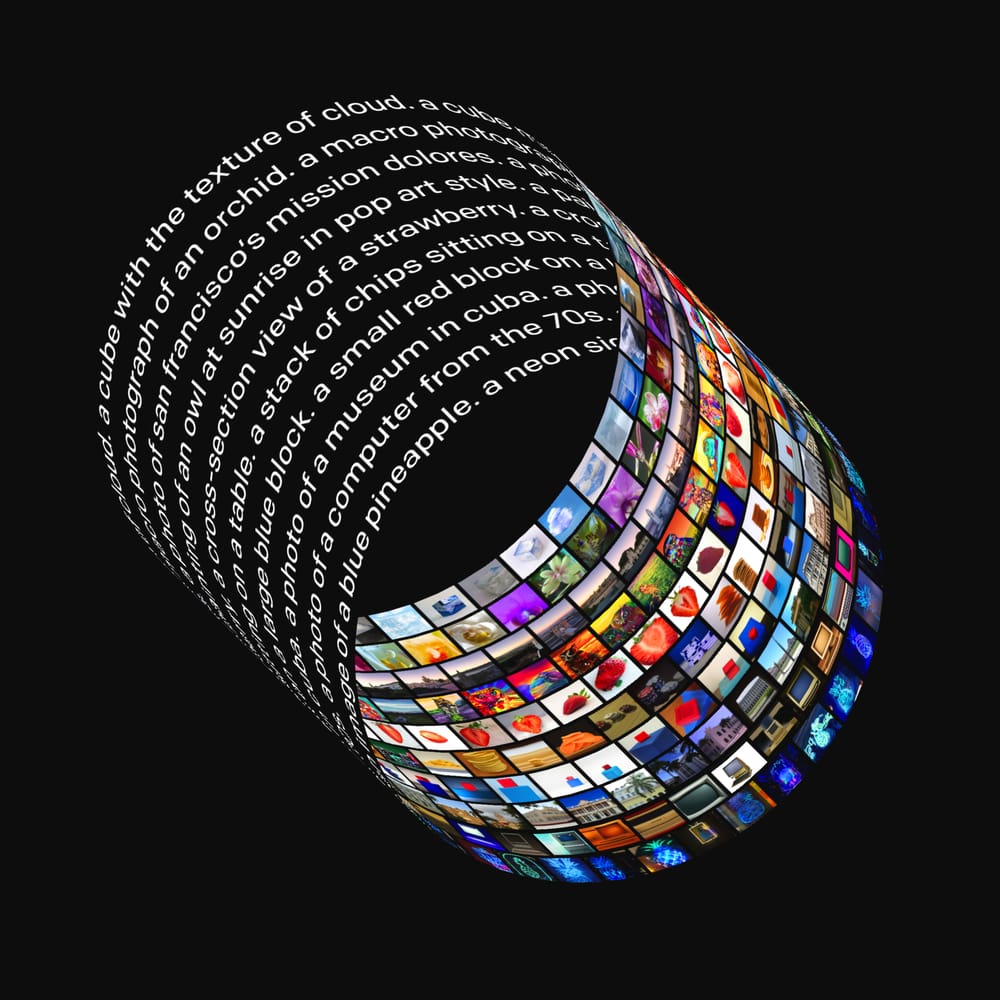Substrate Independence: We have no evidence that consciousness is substrate independent. If it’s not, the simulation argument fails right there.
To be sure, we have plenty of simulations. We’ve had them for decades — cartoons on TV, for example, are simulations of conscious beings. No one thinks these entities are really conscious.
Modern computers generate lots of simulations. I have seen a simulation of Abraham Lincoln walking and talking in a commercial for family trees. He even uses a computer. Does this simulated Abraham Lincoln think? It is aware that it is using a computer and speaking to an audience? Of course not.
We have growing evidence that the brain and our computers are not analogous. We have a whole field called artificial intelligence, or AI. It can do some amazing things, like beat the best human chess champs and compose music, poetry and art. Are these systems aware that they are doing these things? No. Did the computer that beat Kasparov know that it was playing chess and beating a human chess champ? No.
It remains to be seen whether awareness and self-awareness can be nonbiologically generated. So far this has not happened. Not even close. And no one knows how to make it happen.
Ethics: Suppose it were possible to simulate worlds with simulated consciousness and self-consciousness. The ethics of this are highly suspect, and an advanced society might well ban such simulations (though no doubt there might be a thriving black market for them). Our world is full of suffering. If our world is a simulation, then its programmers are malicious sadists. It’s a parallel concern with the Problem of Evil with respect to God.
Last Thursdayism: When did our simulation begin? Last Thursday? Why not? The fact that the universe looks really old could just be simulated. It’s the parallel argument to the God argument inLast Thursdayism: God made the world very recently but just made it look ancient, with fossils and everything. But the most parsimonious assumption is that our universe looks old because it really is old. If it really is old, it’s not a simulation, unless one wishes to argue that the simulation began billions of years ago.
Where are the flaws? Any technology, no matter how advanced, sooner or later displays flaws; indeed, the more advanced the technology, the more likely it is to have glitches because so many moving parts are involved. If there were flaws in our simulation, we ought to be able to spot some. Here and there the laws of nature would break down, maybe the moon would suddenly wink out of the sky, maybe a few things would start falling up instead of down. None of this ever happens. The most parsimonious reason why none of this ever happens is that we are not living in a simulation but in base reality.
Turtles all the way down: It’s either simulations all the way down or there is a base reality. But if there is a base reality, then the same simulation argument could be applied to that base reality, but the argument would be wrong. Paging Occam, the most parsimonious assumption is that we are the base reality, particularly when you consider that no one has any idea how to simulate an actual consciousness or even that it can be done at all (see my argument on point one above).
Techno-hubris: The simulation argument, the singularity argument. and the like are products of techno-hubris, in my view. Techno-hubris is the idea that technological progress, or even progress in general, is somehow linear or even exponential. It’s basically a myth. The techno-industrial civilization we have has basically ridden on the back of harnessing fossil fuels. This accomplishment must perforce be transitory for two reasons: first, fossil fuels are finite and cannot be replenished, and second, the conversion of fossil fuels into waste products in the sky is currently threatening not just human civilization, but potentially our every existence. If we were to look, say, 100 years in the future, which scenario seems more plausible: That we will be running all sorts of simulations on huge computer networks involving conscious beings experiencing suffering, or that that we will be struggling just to feed ourselves and find livable habitats in a world overwhelmed by climate change? I’d put my money on the latter, though of course all predictions are iffy.
The pace of technological improvement has already flattened considerably since the dawn of the Industrial Revolution. In 1859, the year Origin of the Species appeared, the first oil well was drilled near Titusville, Pennsylvania. The late industrial revolution thus began. In 1859 there were no cars, no planes, no telephones, no computers personal or otherwise, no spaceflight, no radio, no TV, no economical use of electric lighting. The list goes on.
But starting around 1970, the pace of techno-change has significantly stalled. The biggest things we have now, that people did not have fifty years ago, are the internet, personal computers and cellphones. Beyond that the world of 2021 does not look too much different from the world of 1971, though the world of 1971 looked significantly different from the world of 1921, and the world of 1921 looked significantly different from the world of 1859.
I remember in 1970 reading about how by now we would have colonies on the Moon and Mars, underground cities, self-driving cars and flying cars (both of which may yet happen but the jury is decidedly out) worldwide nuclear power too cheap to meter, intelligent self-aware computers (like HAL 9000), intelligent robots that would do all our work for us while we bask in leisure, and many other marvels besides. None of it has happened.
Elon Musk: He’s a businessman and entrepreneur who finances inventions. He does not invent them. Again, he is no more qualified to speak about the future than you or I. The fact that he has had deep conversations with his brother about the future of AI means nothing more than any other ordinary bull session that smart (or even dumb) people have.



